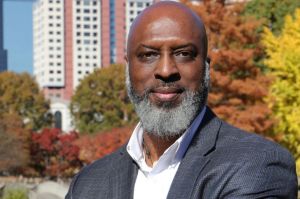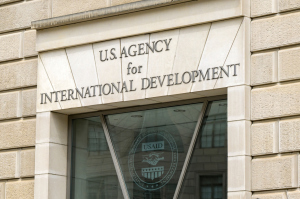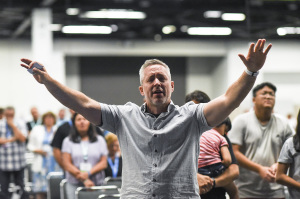Mass. Supreme Court Sets Oral Arguments for 'Under God' Lawsuit
The highest court of the Commonwealth of Massachusetts has set the date for oral arguments in a lawsuit against the phrase "Under God" in the Pledge of Allegiance.
The Supreme Judicial Court decided on Sept. 4 as the date that arguments will be heard in the case Doe v. Acton-Boxborough at the John Adams Courthouse in Boston.
Brought by the American Humanist Association, the suit alleges that the pledge's "Under God" phrase excludes non-theists and violates their equal protection under law.
The Becket Fund for Religious Liberty is representing the defendants, as they have in previous lawsuits against the "under God" phrase.
Roy Speckhardt, executive director for the American Humanist Association, told The Christian Post that the focus of the lawsuit on this issue contrasts with previous suits filed.
"Instead of focusing on the pledge as being a violation of the First Amendment guarantee of no government establishment of religion, we are primarily arguing that the pledge violates our right to equal protection under the law," said Speckhardt.
"It makes us appear as second class citizens just because we believe something different from the majority."
The case is being handled by the Appignani Humanist Legal Center, which is the legal arm of the American Humanist Association.
"When 'under God' was added to the pledge…during the Cold War era, it was done so as an explicitly anti-atheist statement to distinguish the U.S. from atheist Russia," said Speckhardt.
"Removing discrimination against a minority is not an example of prejudice against the majority. There's nothing anti-religious about wanting the pledge to represent all Americans indivisibly."
According to the Becket Fund's website, this is the fourth major lawsuit to be leveled against the pledge phrase "Under God." The first three, filed in 2000, 2005, and 2007 respectively, where all overseen by atheist activist Michael Newdow. All three suits ultimately failed to remove the language.
The current lawsuit was brought in 2011 on behalf of a Massachusetts family with children enrolled in the Acton-Boxborough School District.
Last June, Middlesex Superior Court Judge Jane Haggerty ruled against the American Humanist Association, reasoning that the pledge is voluntary and not intrinsically religious.
"The Pledge is a voluntary patriotic exercise, and the inclusion of the phrase 'under God' does not convert the exercise into prayer," wrote Haggerty.
Diana Verm, legal counsel at the Becket Fund, said in a statement that Judge Haggerty's decision was a "great victory" for religious freedom.
"This is a great victory for everyone who believes that human rights come not from the whim of the government, but from a higher power, which is what the Pledge proclaims," said Verm.
"Members of the American Humanist Association have the right to remain silent if they want to, but they don't have the right to silence everyone else."
In October, the Massachusetts SJC agreed to hear an appeal from the American Humanist Association.





























